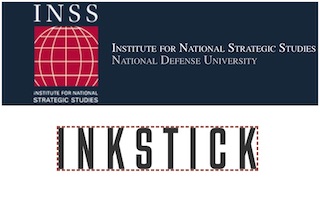
The series "Arms Control in Today’s (Dis)information Environment," produced by scholars from the Institute for National Strategic Studies, National Defense University, encompasses a trio of papers that delve into the intricate relationship between disinformation and arms control. This scholarly work aims to foster a comprehensive dialogue on the potential influence of disinformation on the formulation and implementation of future arms control treaties and agreements.
The series is comprised of the following contributions:
Part-1: Sarah Jacobs Gamberini, "(Dis) trust and Verify?," May 11, 2021: This inaugural paper sets the stage by examining the profound challenges that disinformation poses to establishing trust—a cornerstone in the architecture of arms control. Gamberini articulates the nuanced ways in which disinformation erodes the foundational trust necessary for effective arms control, thereby complicating the verification processes that are essential for these agreements' success.
Part- 2: Justin Anderson, "Conducting Diplomacy in a World of Infotainment Hot Takes and Social Media Hate Tweets," May 25, 2021: Anderson's analysis extends the conversation to the realm of diplomacy, highlighting the transformative impact of disinformation proliferated through modern channels of communication. The paper scrutinizes the ramifications of this new information landscape for nuclear arms control discussions, emphasizing the challenges diplomats face in navigating a world where disinformation can swiftly undermine negotiated agreements.
Part- 3: Jaclyn Kerr, "How to Enable Trust in the Digital Age", June 24, 2021: Kerr's contribution concludes the series on an actionable note, proposing strategies for the United States and its allies to mitigate the deleterious effects of disinformation on arms control. The paper advocates for the development and implementation of robust practices, tools, and institutional frameworks designed to foster an environment where trust can flourish despite the prevalence of disinformation.
Overall, the series critically explores the multifaceted impact of disinformation on the delicate ecosystem of arms control, from eroding trust and complicating diplomacy to proposing actionable solutions for mitigating these challenges. The series of papers have been published in INSTICK media.